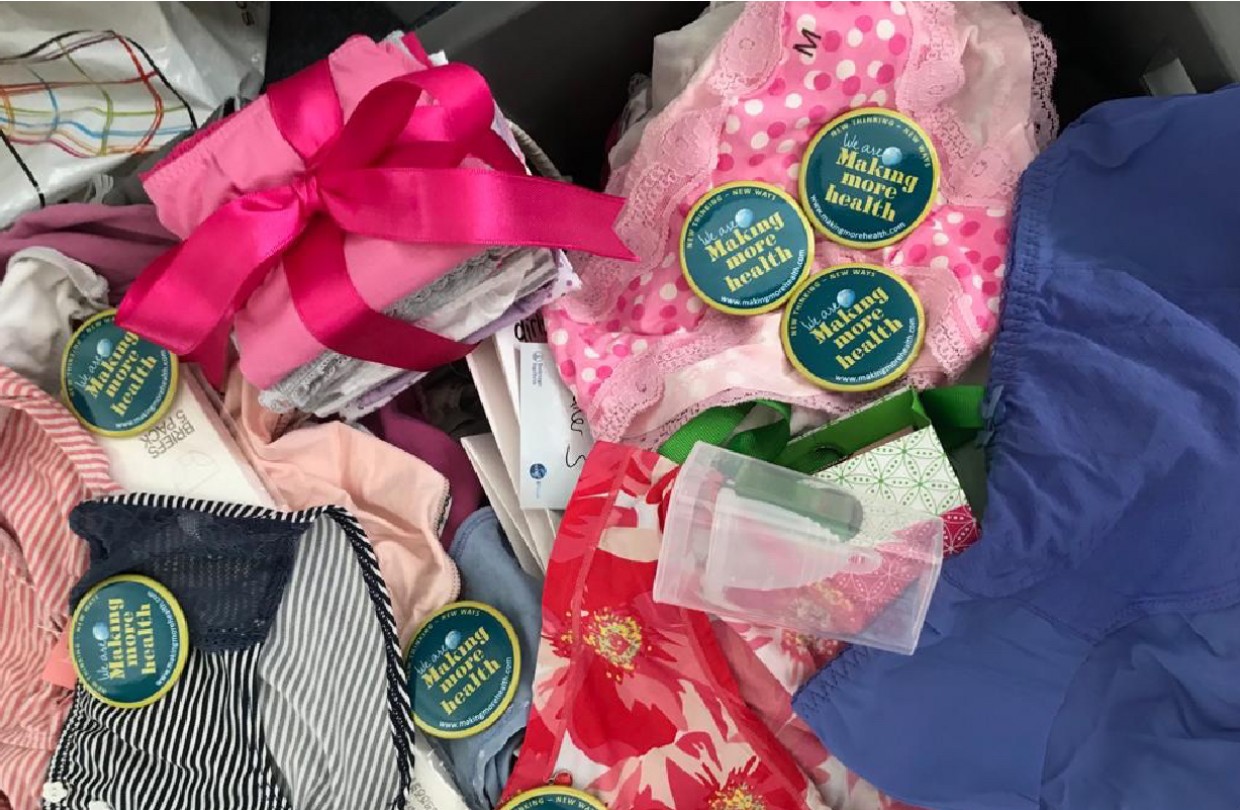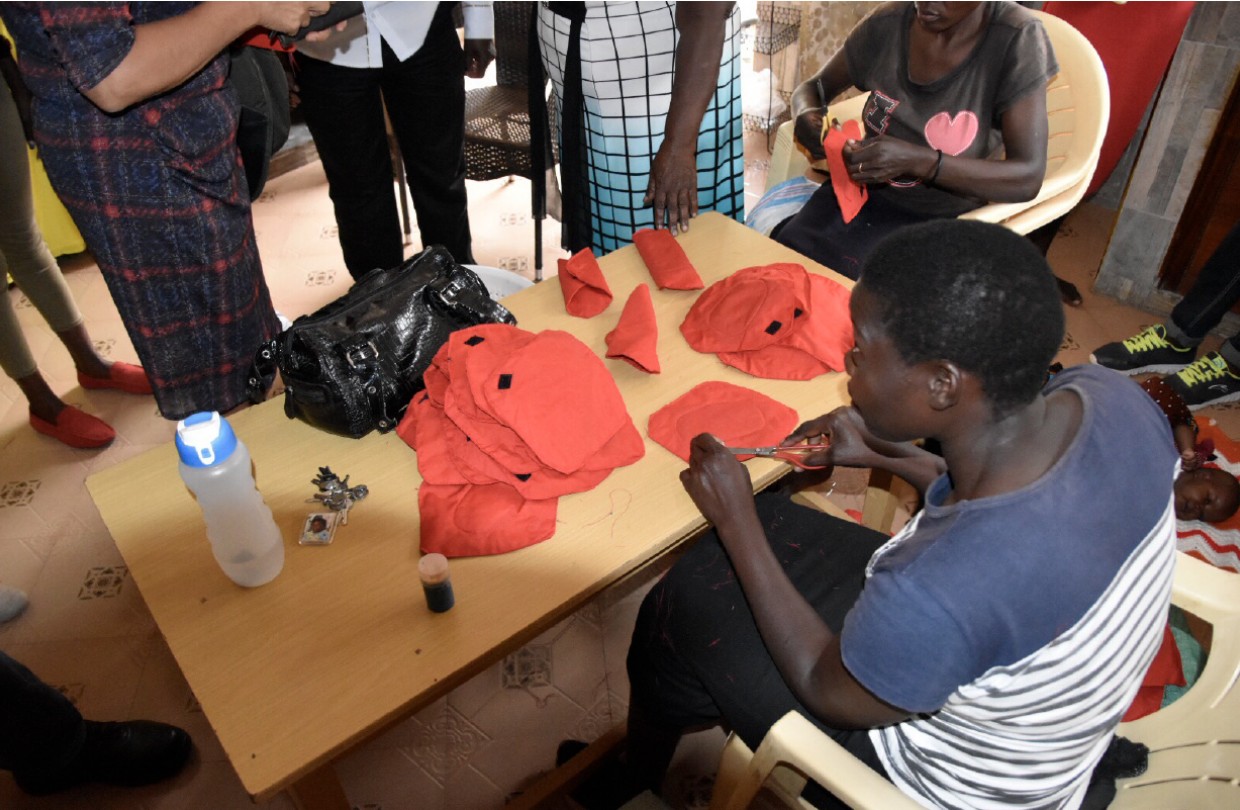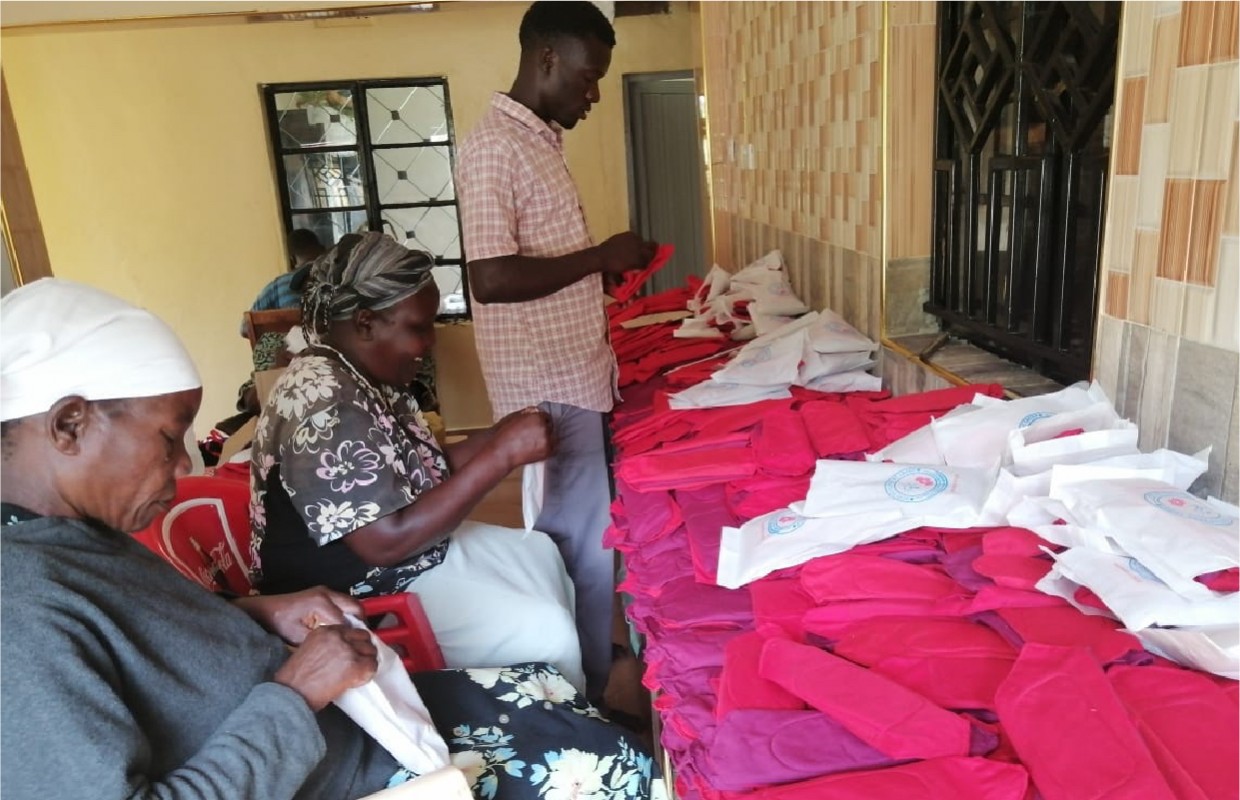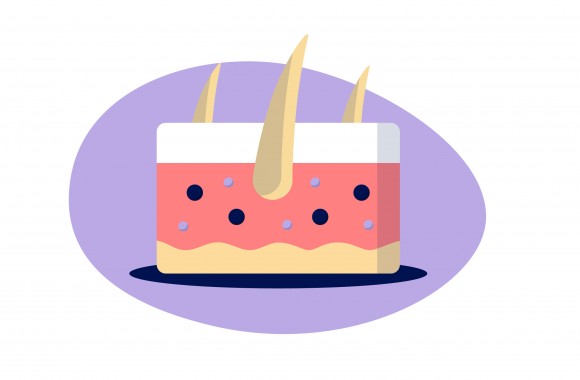Core HW proposes to undertake initiatives to integrate support services to adolescent and young women to facilitate their access to materials needed to help them during their menstruation. The interventions are geared to ensuring women have sustained access to sanitary pads and other materials and that they equally have access to the knowledge of its use and proper disposal. The foundational desire for the interventions is ensuring that the women’s dignity is protected and enhanced and that their health and that of their significant others is not compromised.
RESTORING DIGNITY TO OUR WOMEN EVERY DAY OF THE MONTH: THE CORE HW INITIATIVE TO ADDRESS THE MENSTRUATION CHALLENGE FACED BY WOMEN
BACKGROUND
According to the 2019 Population and Housing Census, the population of Kenya is 47,564,296 and that of females is at 24,014,716 which is 50.5 percent of the population. This means that a significant number of women and girls in Kenya menstruate every month. They therefore face daily challenges related to inadequate, unsafe and inappropriate sanitation and hygiene. Information about menstruation is received from mothers, 87.7% and from teachers, 15.5%. Parents remain the primary source of information, they are mostly concerned with ensuring that their daughters avoid child and teenage pregnancy. Minimal attention is given to menstrual health and hygiene with adolescent girls and boys reporting that it is shameful to discuss menstruation. The myths perpetuated by this silence and stigma results in shame and confusion, poor hygiene during the menstrual period, incidence of urinary tract and vaginal infections, absenteeism from school and work and a sense of poor self-worth that persists long after menstrual period.
Disposal of menstrual hygiene products is not only a waste management problem, but a health issue as well. Poor disposal of menstrual products may act as a breeding ground for infections and diseases. Stagnant menstrual blood accumulates bacteria such as E.coli which may cause serious health problems.

Therefore, three major problems are identified as systemic:
- - access to due cost, timeliness, availability and suitability
- - shame and embarrassment due to lack of purchasing power, the distribution mode and the lack thereof of decent sanitary materials
- - Lost hours of productivity in terms of school learning hours and labour and work due to the days lost during menstruation especially for those who experience painful menstruation.
PROPOSED INTERVENTION
Core HW proposes to undertake initiatives to integrate support services to adolescent and young women to facilitate their access to materials needed to help them during their menstruation. The interventions are geared to ensuring women have sustained access to sanitary pads and other materials and that they equally have access to the knowledge of its use and proper disposal. The foundational desire for the interventions is ensuring that the women’s dignity is protected and enhanced and that their health and that of their significant others is not compromised.
PROPOSED OBJECTIVES
- 1. To ensure women and girls have access to safe and hygienic menstrual products, services and facilities.
- 2. To ensure that myths, taboos and stigma around menstruation are addressed by providing women, girls, men and boys access to information on menstruation
- 3. To increase income among familys through regeneration of the dignity packs to enable them to be economically self supportive.
- 4. To ensure a clean and healthy environment for all Kenyans through appropriate technology choices for menstrual waste management and pollution control.

PROPOSED TARGETS
- - to support 10,000 women and young girls supported initially in the first 2 years
- - to produce I million Core HW Dignity Packs per year
- - to train 10,000 women life skills
- - to empower 2, 000 women with income generating skills
PROPOSED APPROACH
The initiative will provide support to at least 10,000 women with the Core HW dignity pack in the first two years and training on life skills,to help them develop socio emotional and thinking skills which help them cope up with future challenges and survive as well . The dignity pack essentials produced and packaged locally by the women enterprises within the wards. Regular monitoring to check on the performance of the enterprises and initiatives will be undertaken with view to providing the necessary support to the beneficiaries



